Through the March 20–21 fundraising event, the institute raised $30,550 toward cancer equity, local health equity, and global health equity.
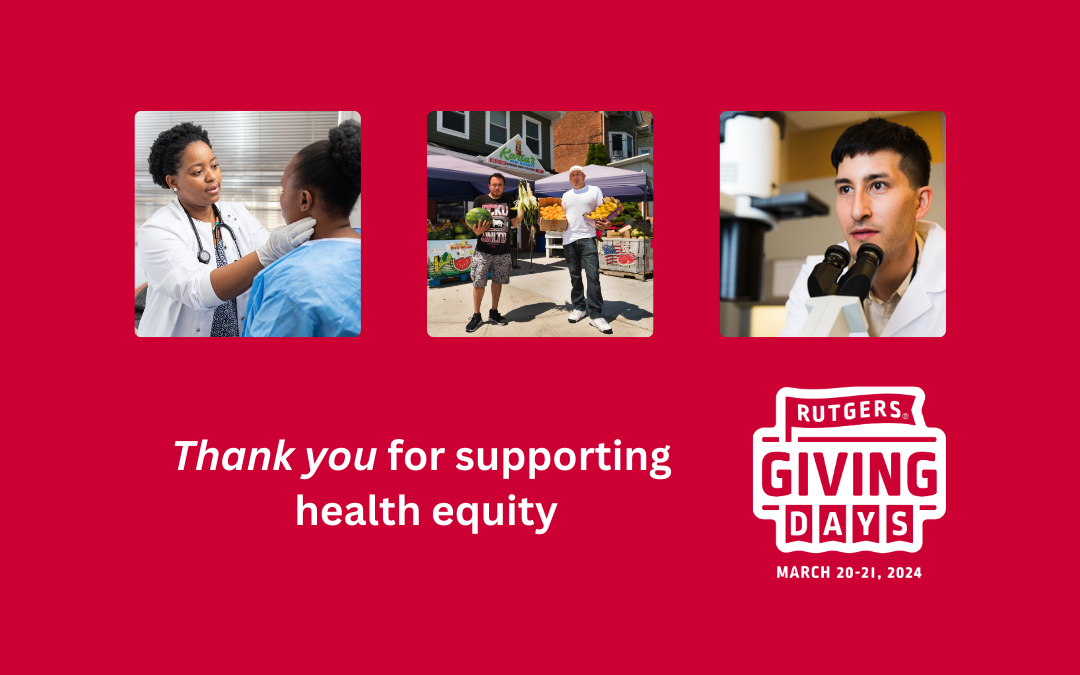

Through the March 20–21 fundraising event, the institute raised $30,550 toward cancer equity, local health equity, and global health equity.
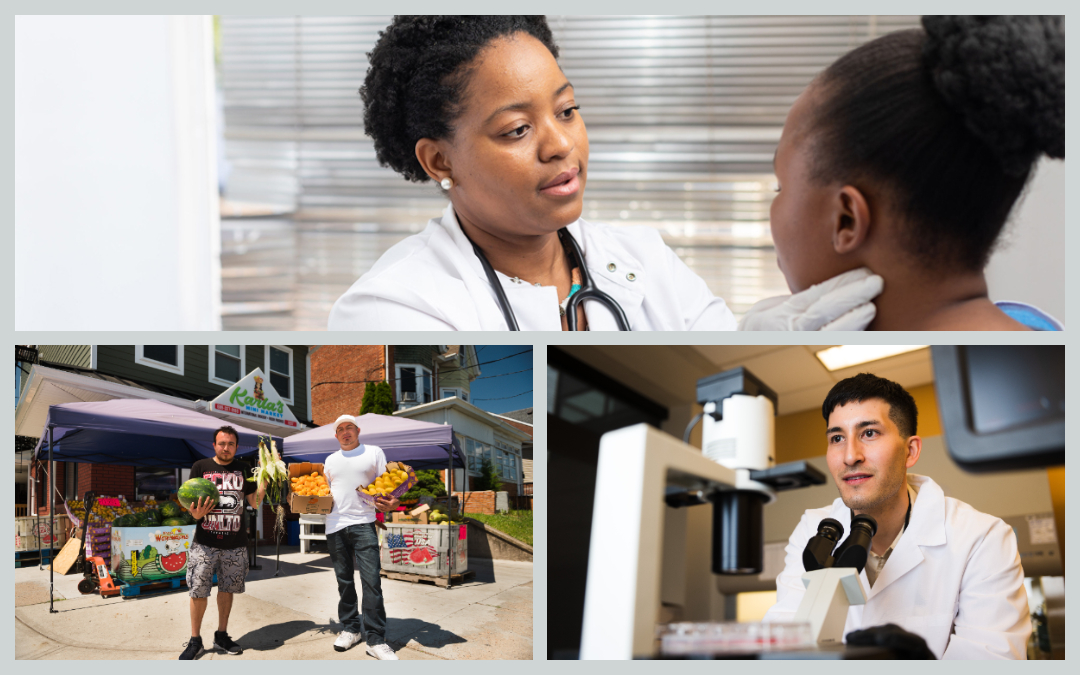
On March 20 and 21, Rutgers Global Health Institute is raising funds in support of cancer equity, local health equity, and global health equity.
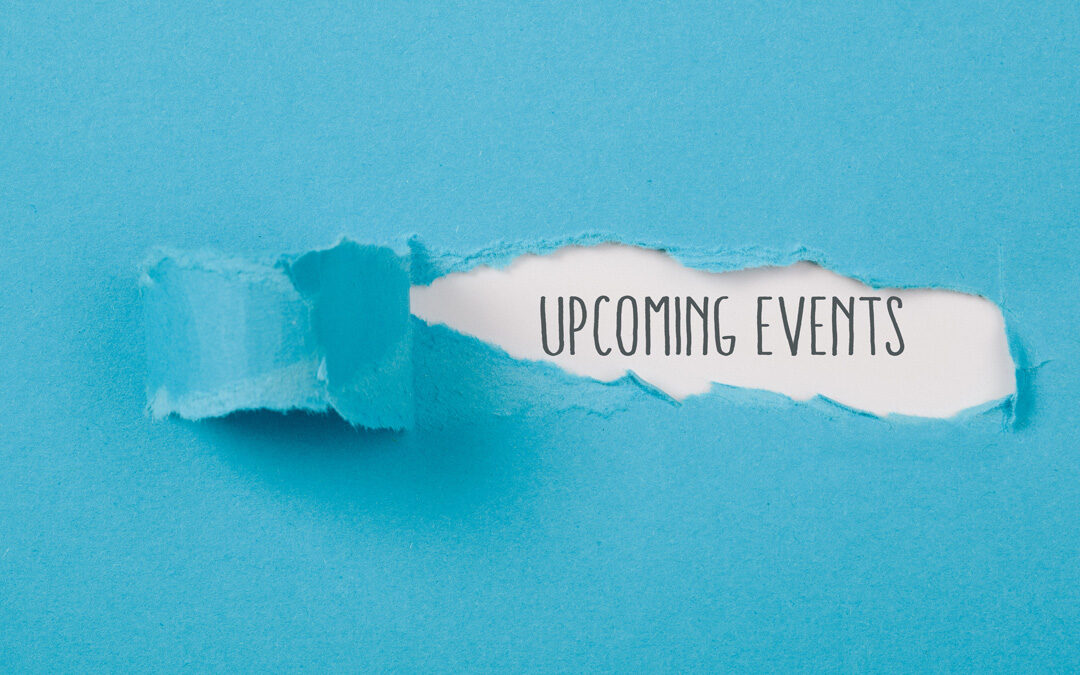
Coming up at Rutgers: a virtual symposium in collaboration with a Greek university and an annual global health fair that is resuming for the first time since the COVID-19 pandemic.
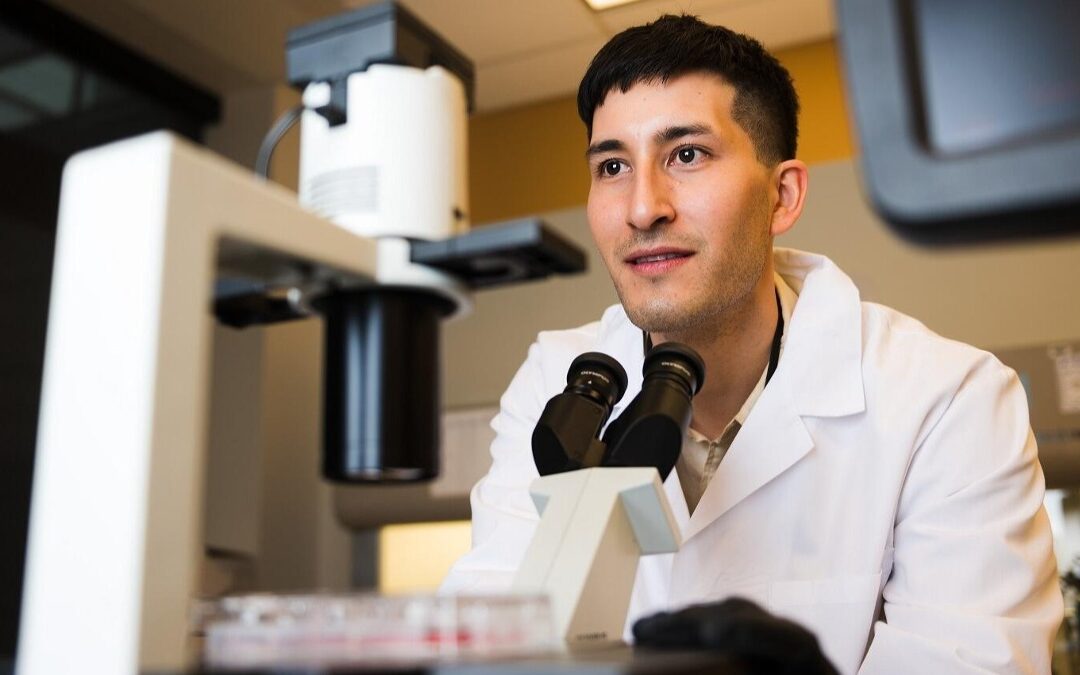
During the March 20–24 fundraising event, we came together as a community to help Rutgers Global Health Institute faculty confront health disparities, locally and worldwide.
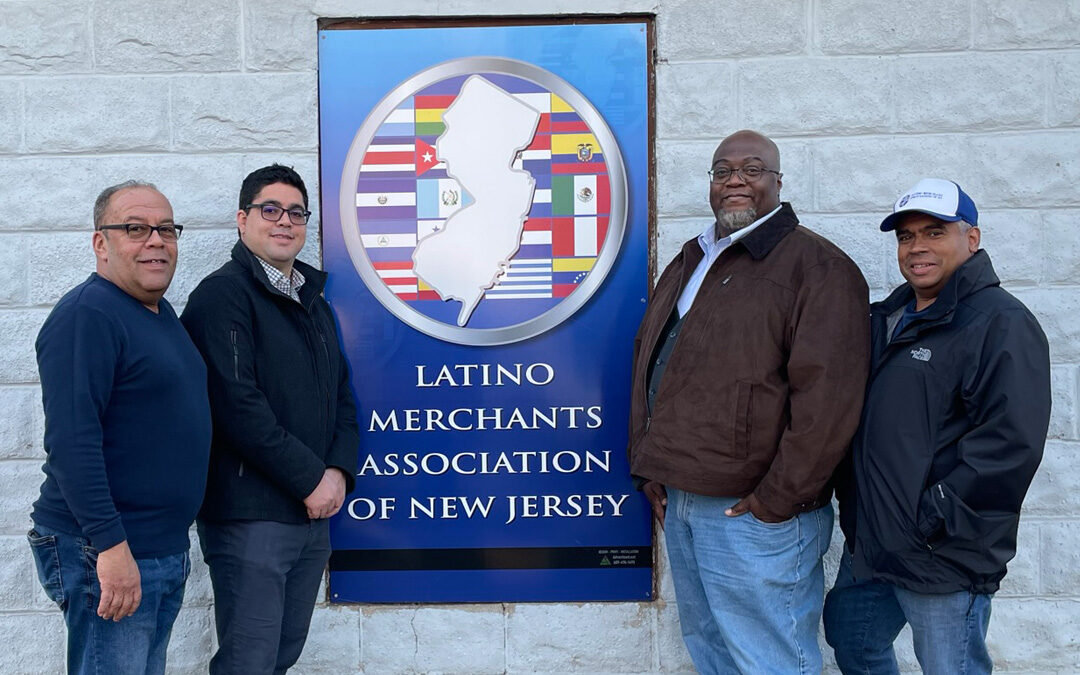
Recent educational events have featured presentations on supply chain resilience, digital communications, and financial goal setting. Helping small businesses is a way to address social determinants of health and help low-income and minority communities thrive.
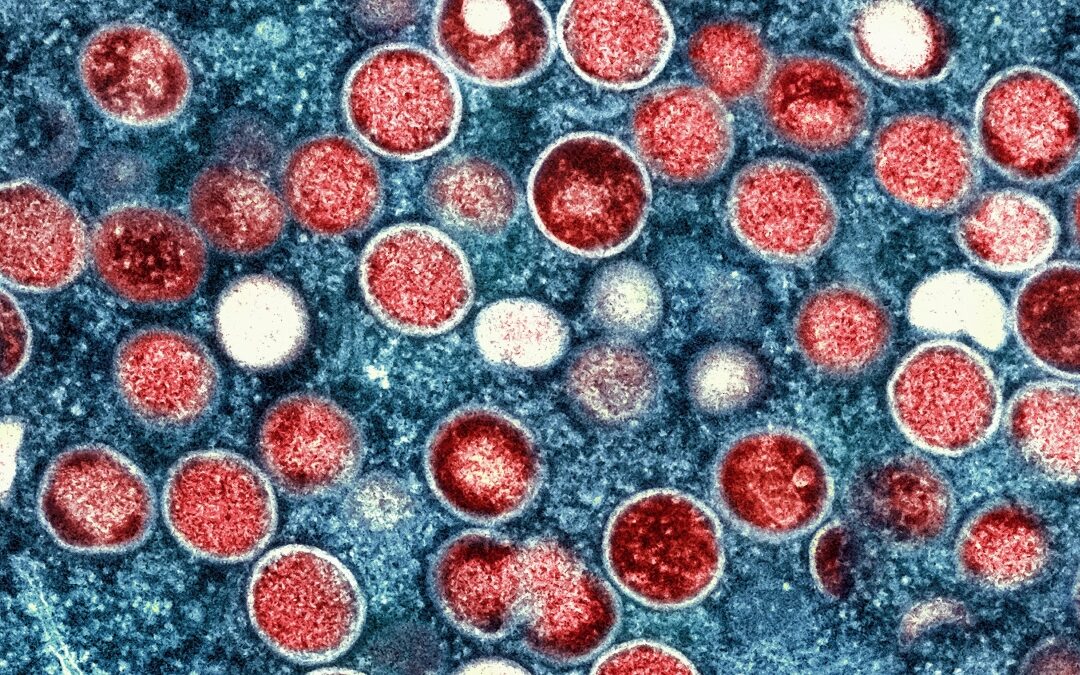
View the seminar recording online to hear from scientists, clinicians, and community leaders about the monkeypox disease outbreak in the United States. They discuss issues of health equity and stigma in addition to disease transmission, prevention, and treatment.
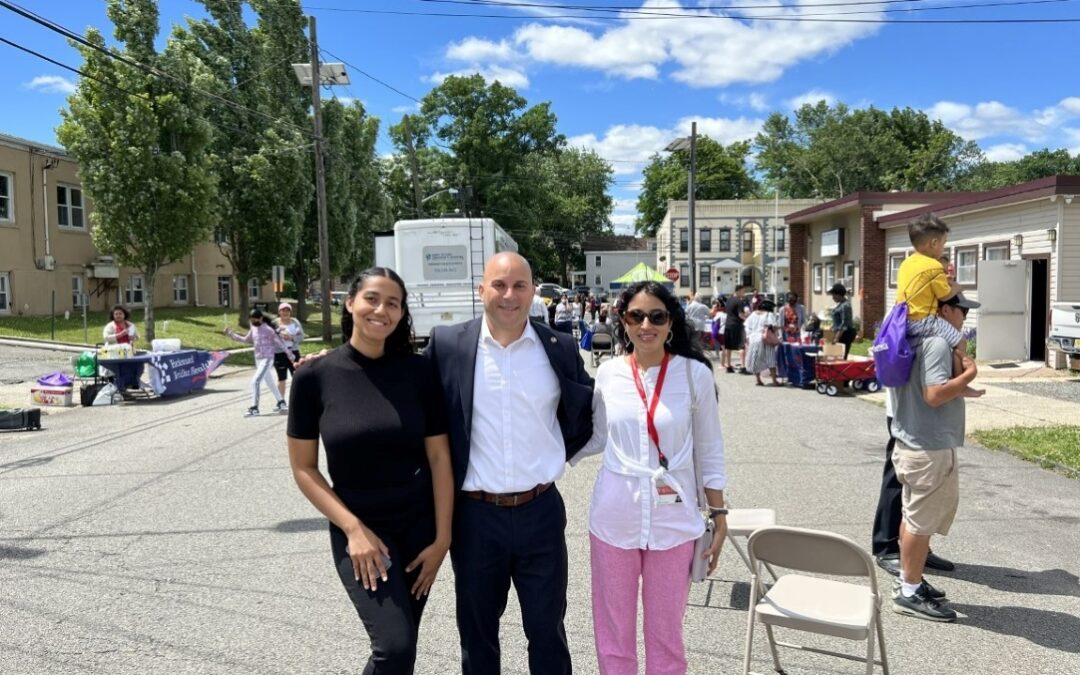
Rutgers Global Health Institute has been organizing community-based health fairs in Newark, New Brunswick, Perth Amboy, and Trenton in collaboration with local partners.
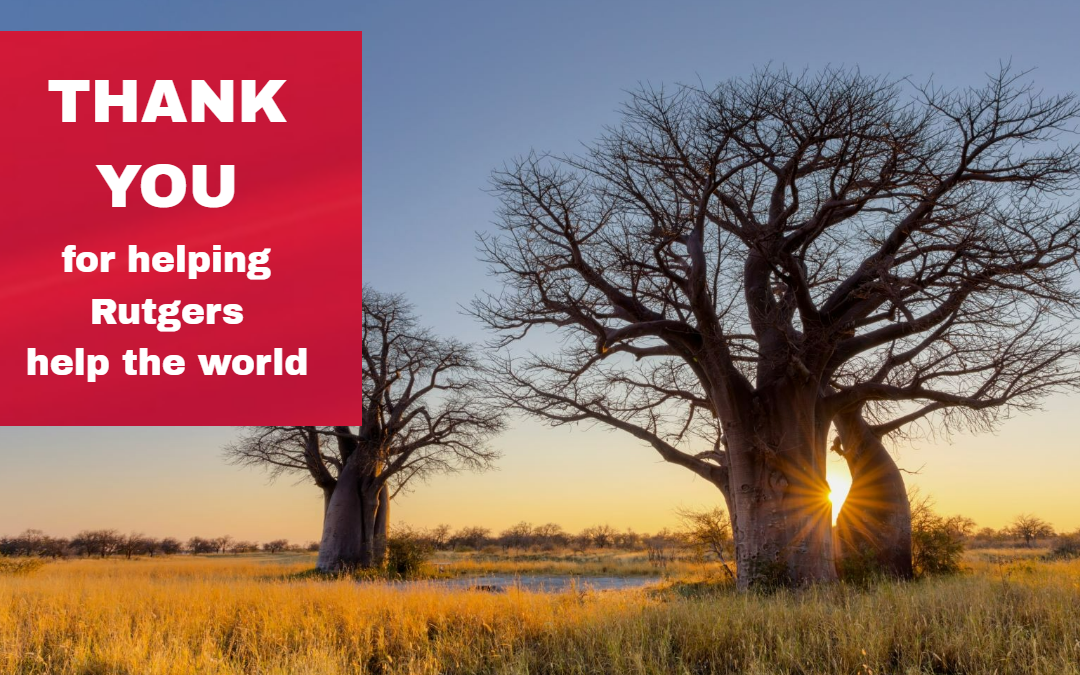
On Rutgers Giving Day, a 24-hour fundraising event, Rutgers Global Health Institute raised $25,446 for the Botswana-Rutgers Partnership for Health.
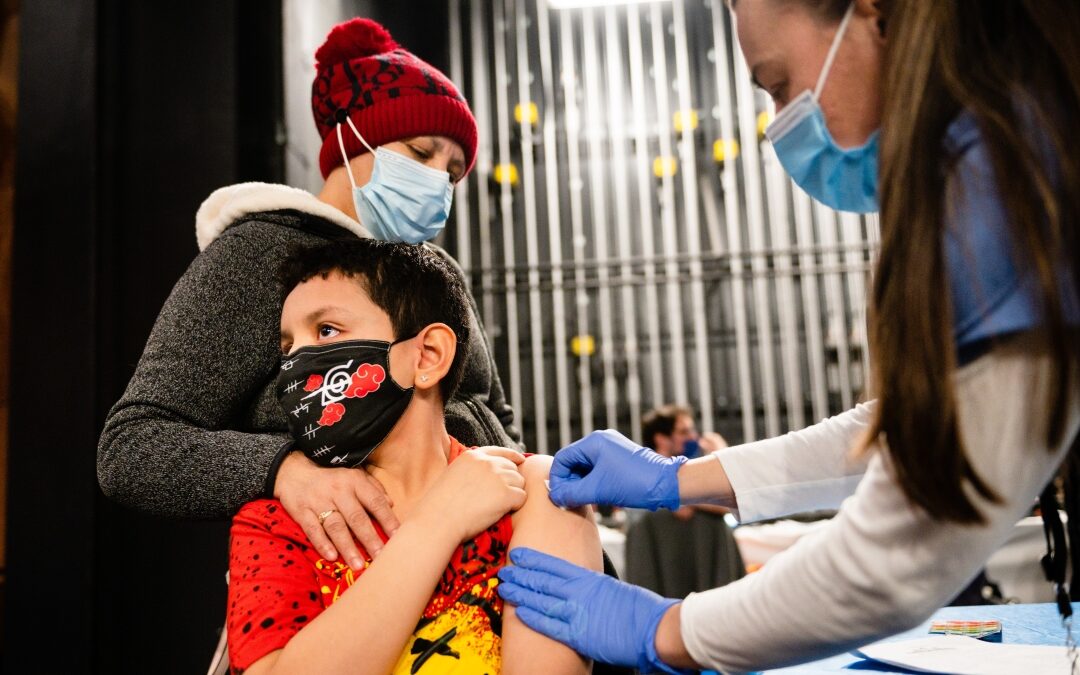
A grant from the New Jersey Department of Health is supporting the expansion of Rutgers Global Health Institute’s Equitable Recovery program. Efforts are underway to help underserved communities in Essex, Mercer, and Middlesex counties offer residents accessible COVID-19 vaccination and testing.
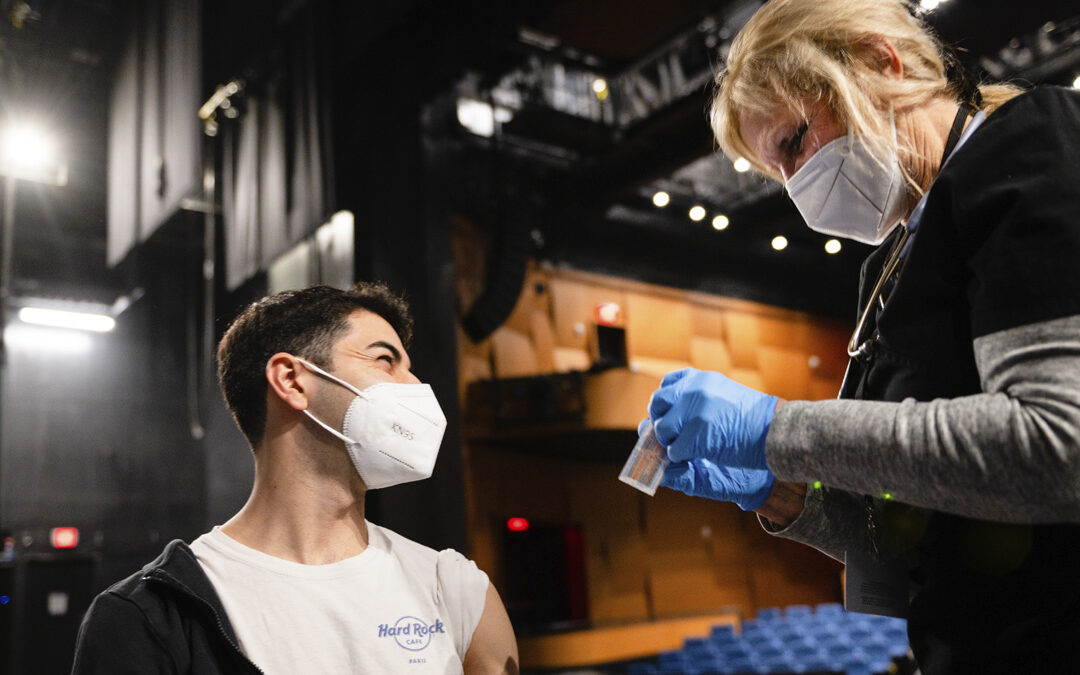
COVID-19 testing and vaccination clinics at the New Brunswick Performing Arts Center, where the ballet is a member company, are part of Rutgers Global Health Institute’s Equitable Recovery program. The clinics, which are open to the public, helped the ballet’s dancers safely return to the studio and stage.